CURRENCY
BUSINESS OPPORTUNITIES IN PAKISTAN
PAKISTAN
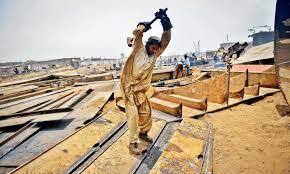
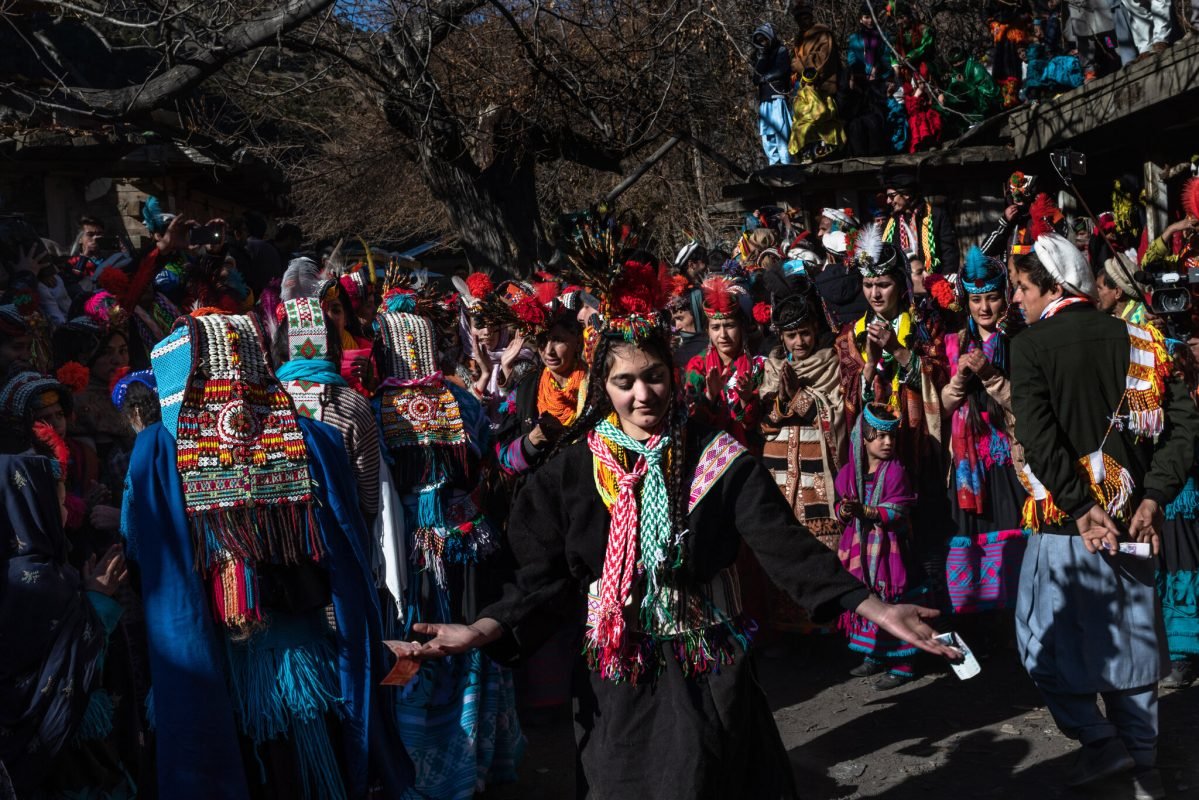
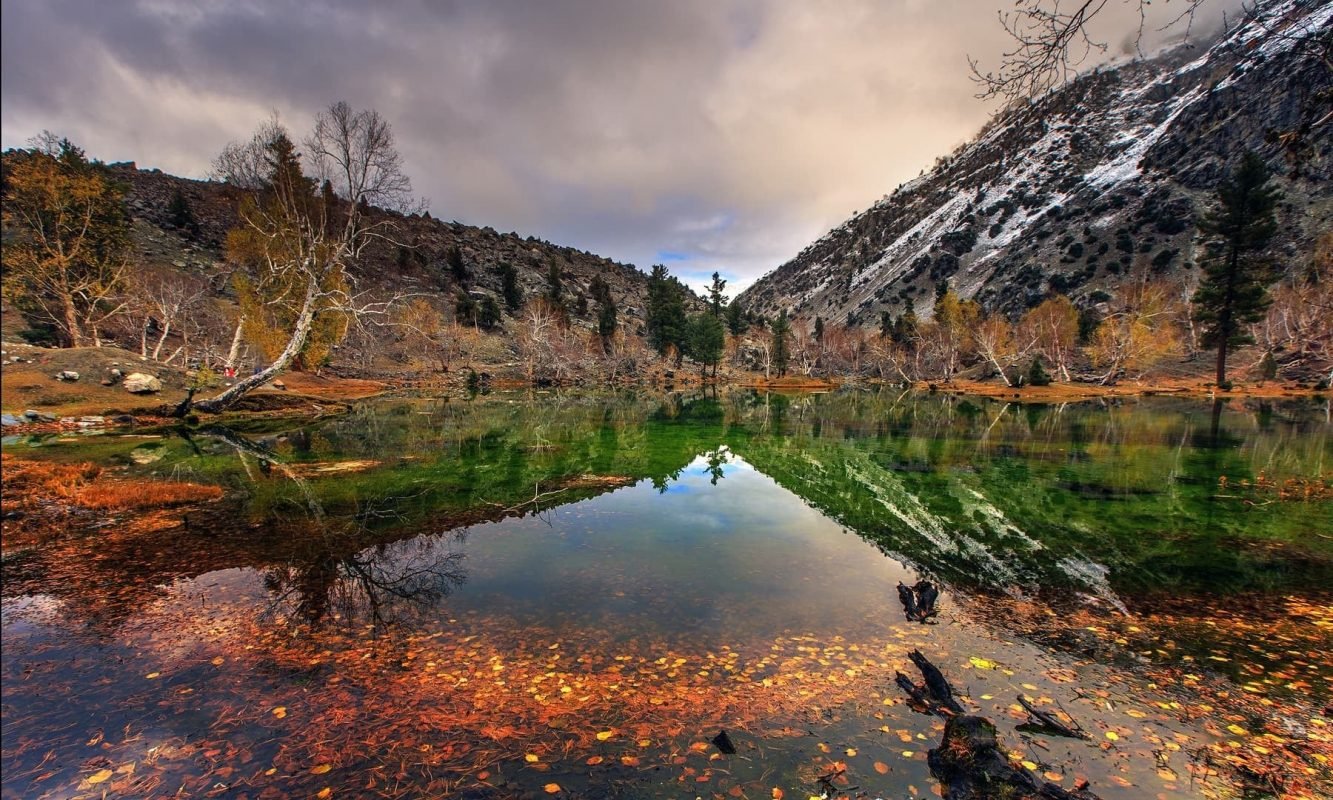
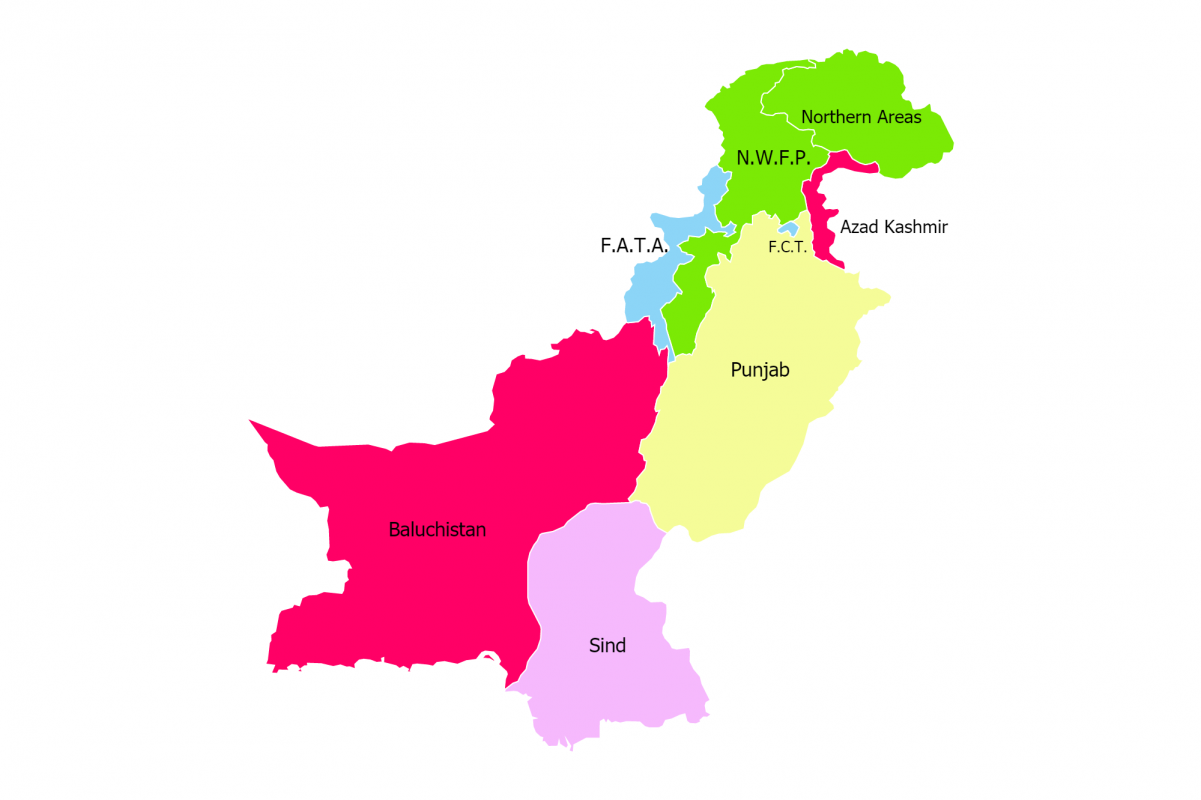
FLAG
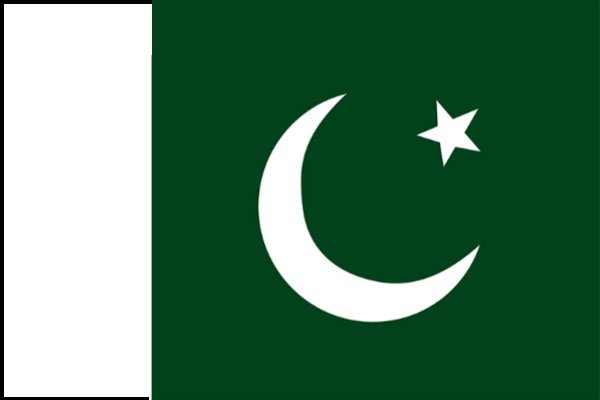
PAKISTAN
CAPITAL CITY
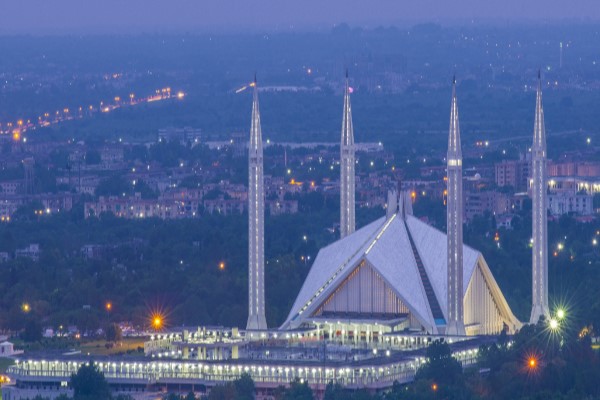
ISLAMABAD
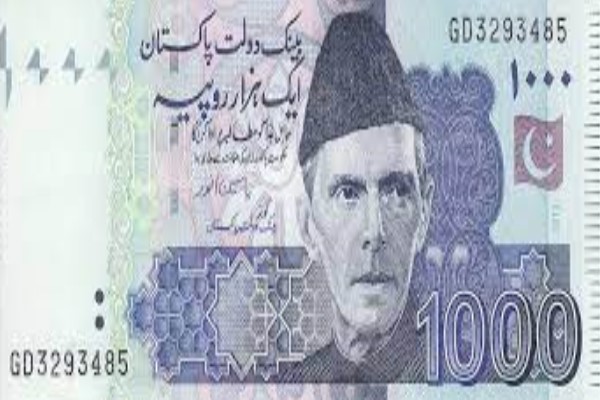
PAKISTANI RUPEE
Language

Population

22.55 CRORES
Country
Calling Code
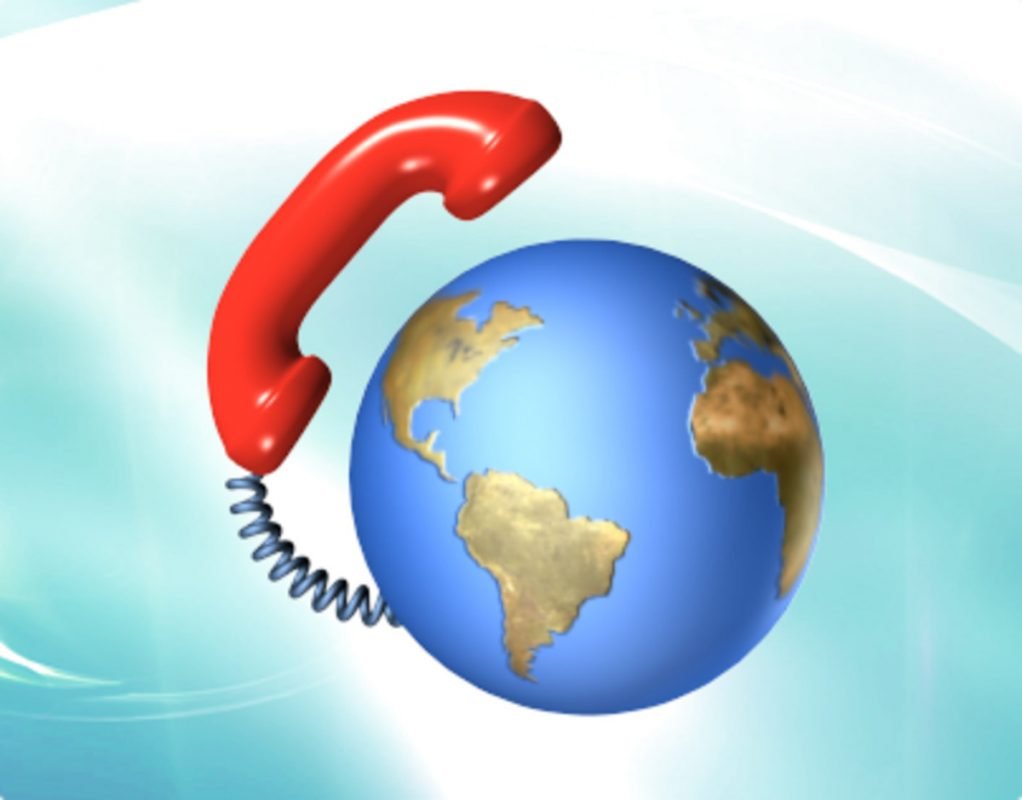
+92
LOCATION:
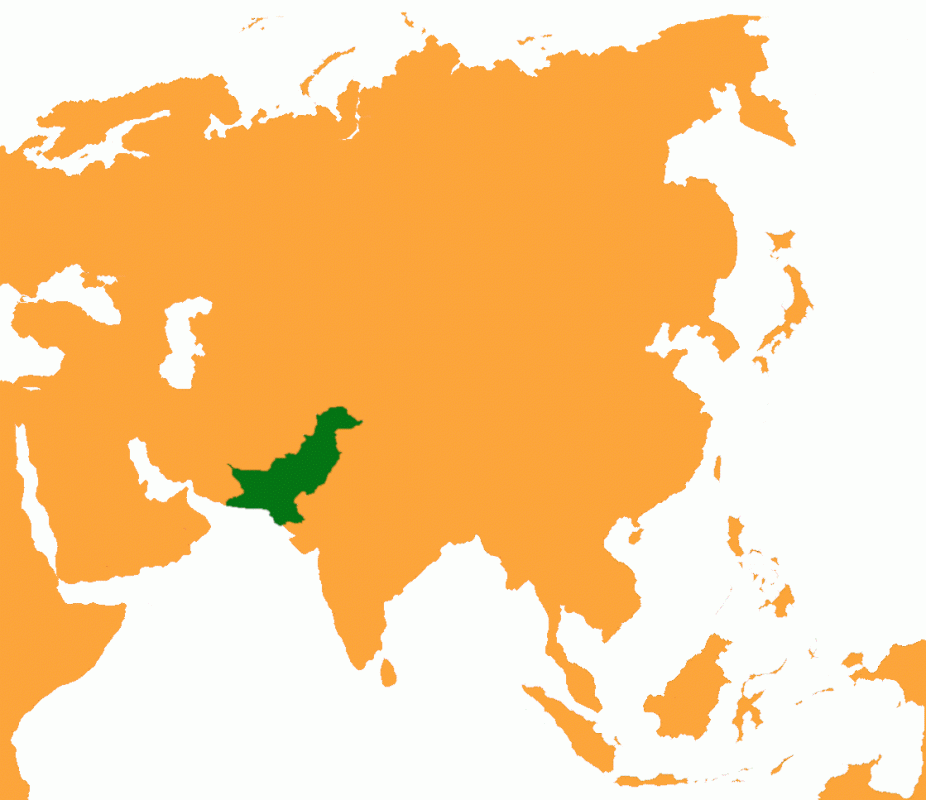
SOUTH ASIA
BORDER COUNTRIES:
INDIA
IRAN
AFGHANISTAN
KASHMIR
CHINA
ABOUT PAKISTAN
Amongst all the countries in South Asia, Pakistan, officially the Islamic Republic of Pakistan, is a strategically located nation known for its diverse geography, ranging from the Himalayan peaks in the north to the Arabian Sea coastline in the south. Formed in 1947 as a homeland for Muslims of British India, it is the world’s fifth-most populous country and a nuclear power. Pakistan’s economy is characterized by its agricultural base, a growing services sector, and significant reliance on remittances and international financial support. Islamabad is the capital city, known for its scenic beauty and planned infrastructure, while Karachi is the largest city and the economic hub, serving as the country’s main port and financial center. According to the World Bank, Pakistan is classified as a Lower-Middle Income Economy, facing ongoing economic challenges.
The currency of Pakistan is the Pakistani Rupee (PKR). As of today’s exchange rates (June 2025), 1 Indian Rupee is approximately 3.29 Pakistani Rupees (or 1 PKR = 0.3037 INR). The population of Pakistan is estimated at approximately 245.2 million in 2024. Pakistan shares land borders with India to the east, Afghanistan to the west, Iran to the southwest, and China to the northeast. It has maritime borders with Oman and Iran via the Arabian Sea. The official languages are Urdu and English. While Urdu is the national language and widely spoken, English is commonly used in government, business, and higher education. Islam is the dominant religion, with Sunni Islam being the majority, alongside Shia Muslims and smaller communities of Christians, Hindus, and others. Major international airports include Islamabad International Airport (ISB), Jinnah International Airport (KHI) in Karachi, and Allama Iqbal International Airport (LHE) in Lahore. Its key commercial seaports are the Port of Karachi, Port Qasim, and the developing Gwadar Port, which is a significant component of the China-Pakistan Economic Corridor (CPEC).
The standard corporate income tax rate in Pakistan is generally 29% for companies. However, this rate can vary for specific sectors or types of companies (e.g., banking companies have a higher rate). Pakistan offers various investment incentives, primarily aimed at attracting foreign direct investment (FDI) and promoting industrialization, particularly through:
- Special Economic Zones (SEZs): Companies established in SEZs can enjoy tax holidays (e.g., 10-year income tax exemption), customs duty exemptions on imported machinery and raw materials, and other benefits.
- Export-Oriented Units: Incentives for units focused on increasing exports.
- Specific Priority Sectors: Tax benefits and concessions for investments in areas like power generation (especially renewable energy), IT & IT-enabled services, mining, and certain manufacturing sub-sectors.
- China-Pakistan Economic Corridor (CPEC): Projects under CPEC receive special fiscal and non-fiscal incentives. The Board of Investment (BOI) is the primary government agency responsible for promoting and facilitating both local and foreign investment in Pakistan. Opesh Group of companies will be helping you in completing the Due Diligence process which includes financial planning, registration process, business options, and if required, even helping you find a Rental property for your office.
Establishing a business in Pakistan involves a regulatory framework that has undergone reforms to improve the ease of doing business, although challenges persist. Foreign investors can generally establish a Private Limited Company, a Public Limited Company, or a Branch Office. While 100% foreign ownership is allowed in many sectors, certain regulations, bureaucratic hurdles, and the need for various permits and approvals can make the process complex. The government actively encourages foreign investment, particularly in sectors that can contribute to economic growth, job creation, and export enhancement.
In case an investor is planning to establish a Private Limited Company or a corporate business setup in Pakistan, Opesh Group will be helping you in taking the right decision for setting up your business in Pakistan and we will also guide you about how to follow the procedure while formulating your company in Pakistan.
Types of Business which can be started in Pakistan:
- Energy Sector: Significant opportunities in power generation (hydropower, solar, wind, coal-fired), oil and gas exploration, and energy infrastructure development.
- Agriculture & Agro-processing: As an agrarian economy, there’s immense potential in modernizing farming, food processing, dairy, livestock, and cold chain logistics.
- Textiles & Garments: Pakistan’s largest export sector, with opportunities for value addition in ready-made garments, technical textiles, and fashion.
- Information Technology & Telecommunications: Rapidly growing sector driven by a young, tech-savvy population, offering opportunities in software development, BPO, FinTech, and e-commerce.
- Construction & Infrastructure: Driven by population growth and CPEC projects, demand for housing, commercial buildings, and infrastructure development remains high.
- Pharmaceuticals: A growing domestic market and export potential for generic drugs.
- Tourism: Untapped potential in historical, cultural, and adventure tourism, particularly in the northern areas.
Advantages of Starting Business in Pakistan:
- Large Domestic Market: A massive and growing consumer base.
- Young Workforce: A large, youthful population providing a significant labor pool.
- Strategic Location: Geographically positioned at the crossroads of South Asia, Central Asia, and the Middle East, with access to diverse markets.
- Favorable Investment Policies: Government incentives and a push for foreign investment, especially in SEZs.
- CPEC Opportunities: The China-Pakistan Economic Corridor provides significant infrastructure and industrial development opportunities.
- Rich Agricultural Base: Abundant land and diverse climate for agricultural and agro-industrial ventures.
Imports & Exports: Pakistan’s economy faces a persistent trade deficit, driven by high import bills for energy and industrial inputs, while exports are concentrated in a few sectors.
Major items which are exported from Pakistan:
- Textile and Apparel (cotton yarn, fabrics, ready-made garments, knitwear)
- Rice
- Leather and Leather Products
- Sports Goods
- Surgical Instruments
- Chemicals and Pharmaceutical Products
- Carpets and Rugs
Major items which are imported in Pakistan:
- Petroleum and Petroleum Products
- Machinery and Transport Equipment
- Chemicals (including fertilizers)
- Food Items (e.g., edible oils, pulses, tea, wheat)
- Iron and Steel
- Electronics
- Plastic Materials
Trade between Pakistan and India: Bilateral trade between Pakistan and India has historically been constrained by political tensions and is generally low. While formal direct trade routes are often limited, some goods may flow indirectly. In recent years, trade has been further impacted by political developments.
- Exports from Pakistan to India (limited): Some agricultural products (e.g., certain fruits, rock salt), cement, and optical items.
- Imports in Pakistan from India (imited): Primarily essential goods like certain pharmaceuticals (vaccines, medicaments), sugar, specific chemicals, and some auto components, often via indirect routes or for humanitarian/critical needs.
Manufacturing: Manufacturing is a significant sector in Pakistan’s economy, contributing substantially to GDP and employment. The sector is dominated by a few key industries:
- Textiles: The backbone of Pakistan’s manufacturing, encompassing spinning, weaving, finishing, and garment manufacturing. It is highly export-oriented.
- Food Processing: Includes sugar, flour, beverages, and other processed food items.
- Chemicals & Pharmaceuticals: Production of fertilizers, basic chemicals, and a growing pharmaceutical industry.
- Cement: A robust industry driven by domestic construction demand and some exports.
- Automotive Assembly: Assembly of cars, motorcycles, and commercial vehicles, with increasing localization efforts.
- Surgical Instruments: Sialkot is a renowned hub for high-quality surgical instruments. The government is focused on diversifying the manufacturing base, improving productivity, and promoting export-oriented industries.
Mining: Pakistan has significant untapped mineral resources, though the mining sector’s contribution to the GDP is relatively small due to underdevelopment and challenges. The main minerals extracted include:
- Coal: Large reserves, particularly in the Thar Desert (Sindh), used for power generation.
- Copper & Gold: Significant deposits, notably in Reko Diq (Balochistan), attracting foreign investment.
- Chromite: Used in the metallurgical industry.
- Rock Salt: The Khewra Salt Mine is one of the oldest and largest salt mines in the world.
- Limestone & Gypsum: Widely available, used in cement and construction.
- Marble & Granite: Used for construction and decorative purposes. Challenges in the mining sector include infrastructure, security concerns in certain regions, and the need for modern extraction techniques and investment.
- GDP = $411 billion (nominal, 2024 est. IMF)
- GDP Growth = 2.5% (2024 forecast, World Bank); 2.6% (2025 forecast, World Bank) Note: Economic growth is subject to ongoing structural reforms and external financial assistance.
- Ease of doing business rank = The World Bank’s ‘Doing Business’ report has been discontinued. In its last edition (2020), Pakistan ranked 108th out of 190 economies, showing significant improvement from previous years due to reforms in areas like starting a business, dealing with construction permits, and registering property. However, significant challenges related to contract enforcement, taxation, and political stability persist.
- GDP per Capita = $1,580 (nominal, 2024 est. IMF)
Thanks for reading this Article. Watch our Video and know more about Pakistan. For any Business Enquiry Join Millionaire Program and change everything in life and Business.. Call/ WhatsApp +91- 8094607111.
MOST RECENT VIDEOS
SIGN UP TODAY
Get our exclusive content and offers in your inbox










